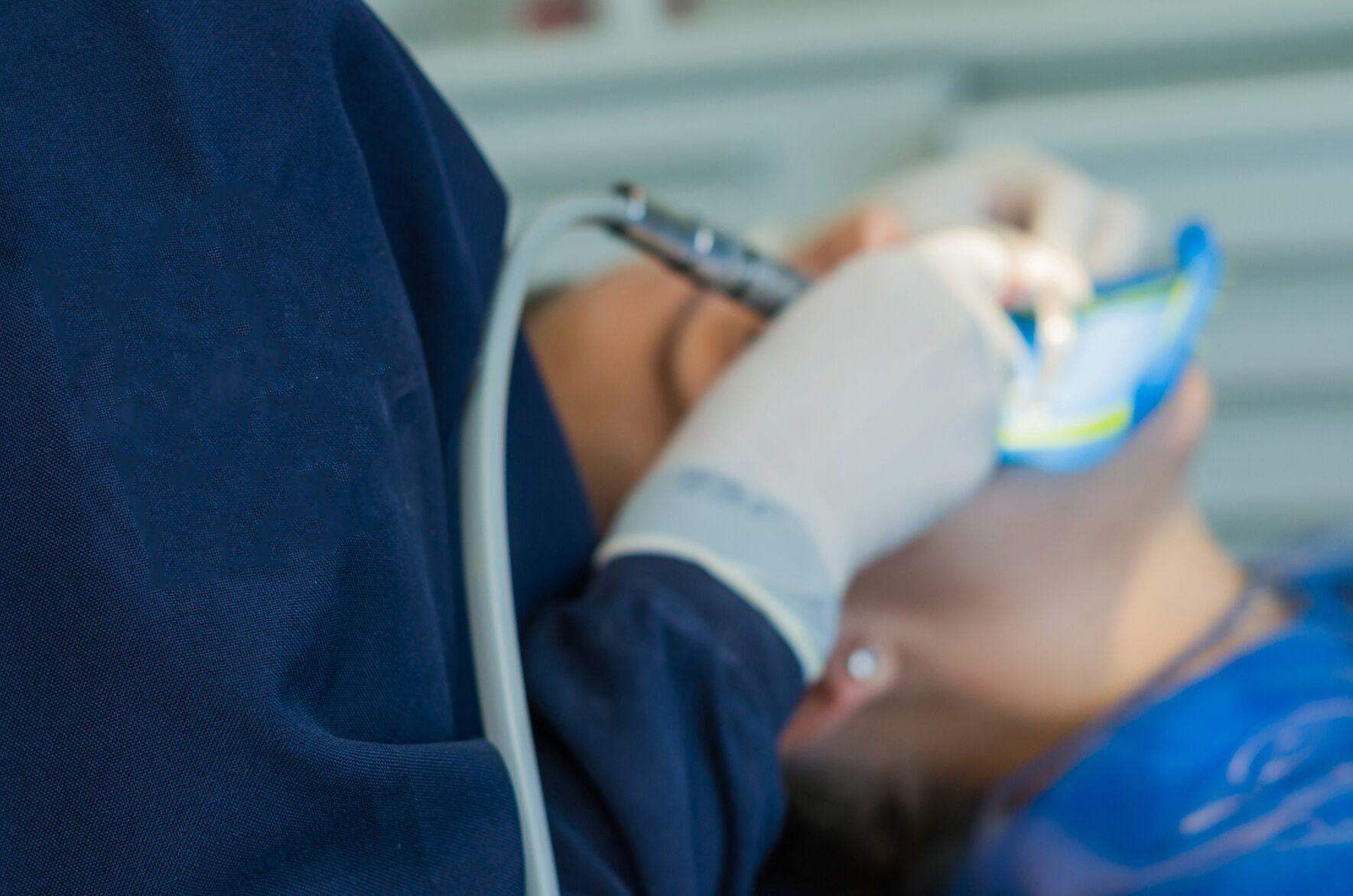To implement the Canadian Dental Care Plan (CDCP)program, the federal government has committed $13 billion over five years, starting this year, and is budgeting $4.4 billion annually from there. But there's lots of nuance to this big announcement, including how and when Canadians can access this support.
Starting in December 2023, applications to enter the program will open for seniors aged 87 and older. Those aged 77 to 86 will have their turn to apply in January 2024. In February, seniors aged 72 to 76 will have access, followed by those aged 70 to 71 in March. Seniors aged 65 to 69 can apply for the program in May. Then, Canadians with a valid Disability Tax Credit certificate, as well as children under the age of 18, can start applying as of June 2024.
To qualify for the Canadian Dental Care Plan (CDCP), you must:
• Be a Canadian resident with no access to dental insurance;
• Have an adjusted family net income of less than $90,000; and
• Filed your tax return for the previous year.
According to the government, Canadian residents with access to a provincial dental benefit program are still eligible but coverage will be coordinated to ensure there is no duplication.
You are not able to access the federal plan if:
• You are covered through your employer or a family member's employer;
• If you are covered through your pension or a family member's pension benefits.
For all, eligibility will be reassessed annually.
How will applications work?
Canadians don't need to do anything yet other than make sure they have filed their taxes.
Seniors who will be 70 years old as of March 31, 2024, who met the income threshold based on their 2022 tax filing, and who were a Canadian resident for tax purposes that year will receive letters in the mail inviting them to apply through Service Canada. The letter will include a personalized application code and instructions, with information about how to verify their eligibility and apply by telephone via an automated Interactive Voice Response system.
What will be covered?
Preventative dental procedures such as cleanings, polishing and fluoride treatments, diagnostic services such as exams and X-rays, and more involved procedures such as cavity fillings, dentures, and root canals are also expected to be covered.
Dental health providers will directly bill the federal plan being operated by Sun Life, rather than make patients first pay out-of-pocket and seek a refund after the fact.
Not all applicants will be eligible for 100 per cent coverage, depending on applicants' income level:
• Canadians with an adjusted annual family net income of less than $70,000 will have no copayment (percentage fees that is not covered by the CDCP).
• Canadians with an adjusted annual family net income between $70,000 and $79,999 will have a 40 per cent copayment; and
• Canadians with an adjusted annual family net income between $80,000 and $89,999 will have a 60 per cent copayment.
Stay tuned for more information as it becomes available.


